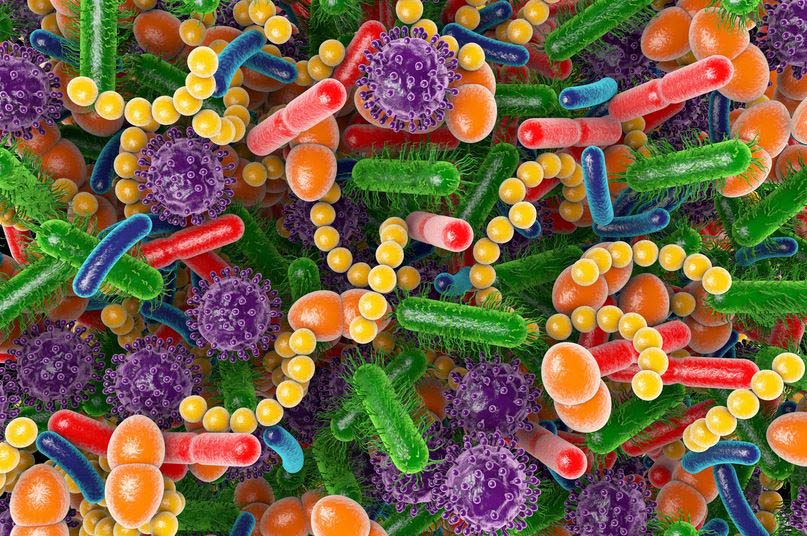Hair is ‘fed’ by the blood vessels lying just beneath the scalp. Between starting to grow and falling out some years later, each hair passes through four stages: anagen, catagen, telogen and exogen.
In healthy individuals, up to 80% of hair can be in the course of growing (anagen phase), with 1% in the regression phase (catagen) and 10 to 15% of hair is in the rest period (telogen). The telogen phase lasts for around 3 months and while ‘old’ hair is resting, new hair is growing.
WHY DOES HAIR FALL OUT?
Hormonal changes for both men and women can be behind excess hair loss. Post pregnancy and the oral contraceptive can disrupt hormones in women and affect hair loss. Often hormonal imbalances can be due to thyroid dysfunction, lower oestrogen levels and the increased androgen (testosterone) activity, that may be due to increased stress. Stress can decrease thyroid hormones and increase testosterone’s conversion to a more potent form – Dihydrotestosterone (DHT) that weakens hair follicles and leads to hair falling out.
Other factors include a poor diet that lacks the many nutrients, such as iron, zinc, selenium, essential fatty acids, vitamins D and A, biotin and especially sulphur-containing amino acids from protein sources are needed to create and enable hair growth. Over-styling and over-treating hair can leave it brittle and damaged. Consider the products and processes you use on your hair? Smoking can cause poor circulation and reduce the blood flow to the scalp and nutrients to the hair follicles.
Female pattern hair loss (FPHL) mostly affects postmenopausal women and is characterized by a reduction in hair density over the crown and frontal scalp. Most times, the frontal hairline is preserved. In FPHL gradual thinning of hair occurs over a period of years, which results in decreased hair density. This may start before menopause, or as late as the early 1960s.
The hallmark feature of this disease is the progressive shortening of the duration of the anagen phase, leading to decreased numbers of hairs in this growth phase and more hair follicles in the telogen phase of the hair cycle.
TESTING THAT CAN LOOK AT UNDERLYING DRIVERS
Tests that may be run in hair loss and FPHL are – hormonal tests for (see below), iron studies and zinc analyses.
The DUTCH test is a salivary test that measures all sex steroid hormones -oestrogen, progesterone, testosterone and DHT (see below).
Blood tests can detect testosterone too – Free Androgen Index (FAI) or the calculated free testosterone (CFT) are run to detect either androgen deficiency and excess. Other tests run to check markers that may give indicators to what may be behind the hair loss are sex hormone-binding globulin (SHBG) and the hormonal regulator is prolactin.
Testing thyroid-stimulating hormone (TSH) as well as the storage form of thyroid hormone – T4, and the active from – T3, can also shed light on the thyroid’s role and its impact on hair loss. Thyroid antibody testing is also considered useful to rule out any contribution of autoimmune conditions.
Blood tests for iron, zinc and selenium can be run to determine deficiencies, as well as an in-clinic blood spot test to determine essential fatty acids status. For any testing please book a consultation to determine the best course of action.







0 Comments